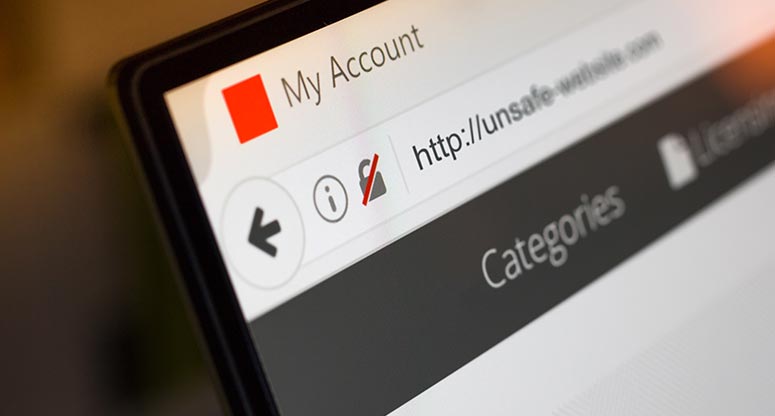January 16, 2020
How Can You Tell If an Online Job Is a Scam?
2.5-minute read
Filed under: How to Avoid Scams
Working from home can be attractive to job applicants. The high demand for remote work, however, makes it potentially lucrative for scammers.
These criminals advertise compelling, work-from-home jobs that, in reality, may do little more than steal applicants’ personal data or money from their bank accounts.
If you’re looking for a remote-work opportunity, here’s how to avoid nasty scams and secure a genuine role from a reputable business or client.
The Offer Seems Too Good to Be True
Jobs that sound too good to be true include high-dollar sums for completing menial tasks. If a customer service role is advertising pay several times higher than the average, it’s likely the job doesn’t exist. If it seems too good to be true, it probably is, so tread very carefully. To verify, look for reviews, testimonials, references and a company’s track record.
Need All Your Personal Data Upfront

Employers or agencies only need your bank account information and Social Security number after you’ve signed a legitimate work contract with them.
Any “employer” asking for large amounts of personal data before an interview should make you think twice as it suggests an identity theft attempt may be taking place.
You Must Pay to Start
An employer or agency is supposed to pay you. Not the other way around. A reputable business or client will never ask you for money before starting work. If a job requires an upfront fee to get started, it’s almost certainly a scam.
Some legitimate remote jobs charge a monthly fee to access listings, which will be outlined clearly before or during the application stage.
The URL Seems Strange

Scammers are skilled at buying URLs that look similar to those of large, legitimate businesses. With judicious use of underscores and extra letters, they can be hard to spot at first glance.
Check URLs carefully. If one seems strange, don’t ignore your suspicion. Never click on a URL that’s embedded into a job ad. Look for the corporate URL separately and compare the two web addresses.
Try to find the job ad through the official website. If you can’t find it, it may not be a real job.
They’re Digital Ghosts
Today, legitimate businesses will have at least a website and presence on social media, too.
If you can’t find the company through a Google search, be careful. If there is a website, look at the information it contains and how it’s presented. Very basic websites incorporating many misspellings, grammatical mistakes or vague information should also be considered as warnings.
Legitimate online jobs can boost your income. To avoid disappointment and secure a job as soon as possible, stay vigilant. Research the organizations involved and look for proven track records of their work.



